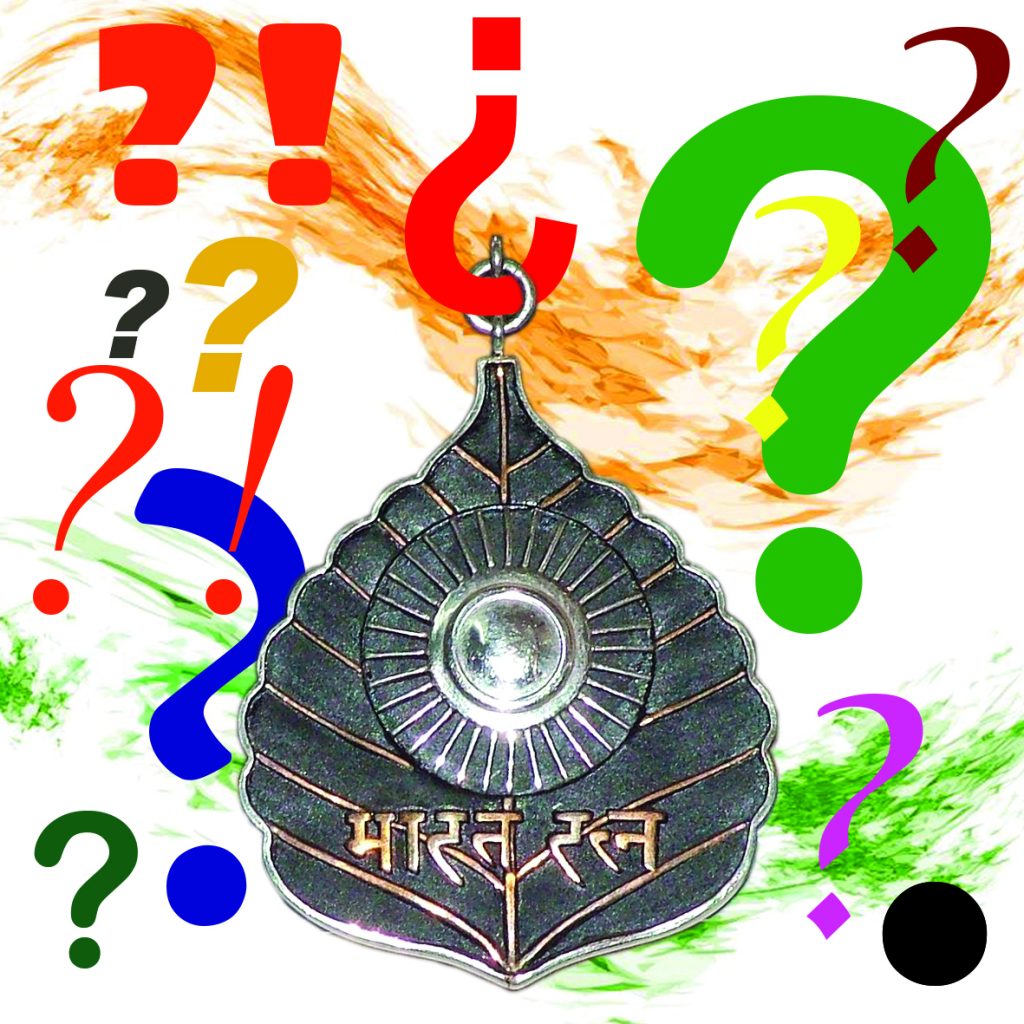Priya Ranjan Sahu
In the run-up to the assembly elections in Maharashtra, the ruling Bharatiya Janata Party started a clamour for posthumous conferment of Bharat Ratna on Vinayak Damodar Savarkar, who, though a controversial personality in India’s freedom movement, has a large number of admirers in the state.
It, however, sparked off renewed debates about whether the former Hindu Mahasabha leader was a freedom fighter or divisive figure.
Several BJP leaders, including Prime Minister Narendra Modi and home minister Amit Shah, said Savarkar was a patriot of the highest order and his contribution to the country was immense. On the other side, Opposition leaders said he not only appealed for clemency but also went on to divide Indian society on religious lines, a situation most favourable to the British.
Mahatma Gandhi’s grandson, Tushar Gandhi, went to the extent of saying that conferring the Bharat Ratna on the Hindutva ideologue would be a great insult to all freedom fighters and martyrs who sacrificed their lives for the country.
At the same time, similar demands to confer Bharat Ratna on other eminent personalities posthumously have also trickled in from other parts of the country.
Former Karnataka chief minister Siddaramaiah said that instead of Savarkar, the central government should consider conferring Bharat Ratna on Shivkumar Swami, the Lingayat seer who died in January at the age of 111. Known for his work as a philanthropist, humanitarian and educator, the swami was called by millions of his devotees as ‘Walking God’.
Another Congress leader, Manish Tiwari, has also dashed off a letter to the Prime Minister suggesting that this year Bharat Ratna should be given to revolutionaries Bhagat Singh, Rajguru and Sukhdev, who were hanged by the British March 23, 1931.
Some leaders of Biju Janata Dal have also raised the recurring demand of Bharat Ratna for former chief minister of Odisha, the late Biju Patnaik.
Bharat Ratna was instituted in January 2, 1954, to be conferred on individuals “in recognition of exceptional service or performance of the highest order” with no discrimination towards any race, sex, occupation and position. The award was given to people from art, literature, science and public service.
The first three recipients of India’s highest civilian honour were noted statesman C Rajagopalchari, philosopher Sarvepalli Radhakrishnan and scientist CV Raman. Since then, a total of 46 eminent Indians and two non-Indians — Khan Abdul Gaffar Khan and Nelson Mandela — have received the award.
Probably, Gandhian leader Morarji Desai had sensed this corrupting effect on the prestigious award long back. After he became the prime minister in 1977, Desai abolished the award. He termed them as “worthless and politicised”. It was an irony that he was conferred with the Bharat Ratna in 1991 along with Sardar Vallabhbhai Patel and Rajiv Gandhi
In the first three decades, Bharat Ratna and its recipients rarely came under public scanner. Though it was believed that many deserving towering individuals were left out, still the contribution of those who got it was never questioned.
However, the posthumous bestowal of the award in 1988 to former Tamil Nadu chief minister MG Ramachandran, who had died a year earlier, drew sharp criticism. The opposition parties accused the Rajiv Gandhi-led Congress government of misusing Bharat Ratna for achieving political mileage in Tamil Nadu, where Assembly elections were due that year.
Since then, the selection process has been dogged by controversies time and again. Questions have been raised about precedence in conferring the award — Rajiv Gandhi getting the award before Jayaprakash Narayan and Abul Kalam Azad — too many posthumous awards (since former prime minister Lal Bahadur Sashtri first got it in 1966) and on political motives behind the conferment of the award.
Eyebrows were raised when rules were changed in 2011 to include “any field of human endeavour” as the eligibility criterion. Subsequently, cricketer Sachin Tendulkar was conferred with the Bharat Ratna in 2014.
There are reasons to believe that Bharat Ratna is getting more politicised with each passing year. What has affirmed this belief is the fact that every year there have been pressures from regional parties on the central government to bestow the award on their departed leaders; Telugu Desam Party roots for former Andhra Pradesh chief minister NT Rama Rao, Bahujan Samaj Party for its founder Kanshi Ram and Akali Dal for former Punjab chief minister Parkash Singh Badal.
Probably, Gandhian leader Morarji Desai had sensed this corrupting effect on the prestigious award long back. After he became the prime minister in 1977, Desai abolished the award. He termed them as “worthless and politicised”. It was an irony that he was conferred with the Bharat Ratna in 1991 along with Sardar Vallabhbhai Patel and Rajiv Gandhi.
It is up to the central government and all political parties to protect the sanctity of Bharat Ratna. The award must go to individuals who have touched the lives of millions of people across caste, class, religion and regions, and played a transformative role in nation-building.
The demand that Bharat Ratna be conferred on stalwarts such as Mohandas Karamchand Gandhi, Subhas Chandra Bose or Bhagat Singh is totally uncalled for. The Gandhi, Bose and Bhagat are beyond any award, and the heart of every Indian beats for them. Several other remarkable men and women, who have been left out of the award, are no lesser entities either.
Even now, we come across several illustrious individuals who have been selflessly and relentlessly working at the grass roots towards the betterment of society in various fields. Their works have tremendous positive impact on the lives of common people. They do not lead or follow any political party but only the principles as laid down in the Constitution.
It is not necessary that they all get Bharat Ratna; it is not possible either. It, however, is most desirable that anyone who gets the coveted award must reflect the works, lives and spirit of such unsung heroes.
The writer is a senior journalist based in Odisha.
